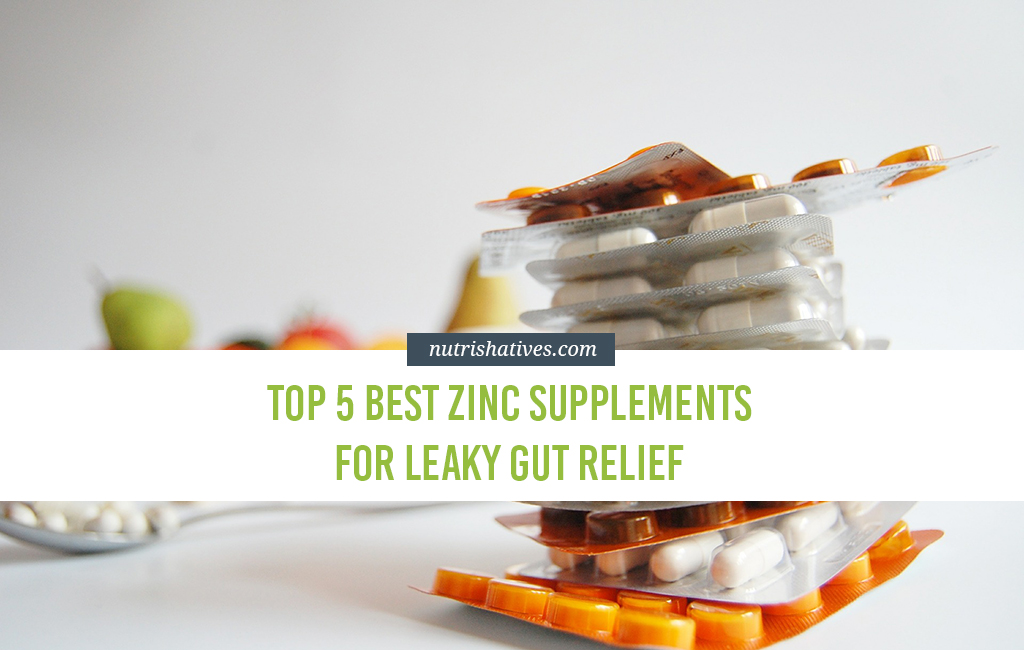Probiotics are all the bacteria that are able to make you healthier by growing in or on you. The few unique bacteria that have this ability are part of something called your microbiota. Your microbiota is a layer of bacteria, viruses, fungi and other microorganisms that covers your body wherever it comes into contact with the outside world. This includes your skin, eyes, mouth, nose, lungs, genital tract and digestive system.
Your microbiota came primarily from your mom during your birth, but also through contact with your family’s skin and your mom’s breast milk. It is a natural part of your body and you need it to stay healthy.
Without a healthy microbiota you can develop:
- infections
- metabolic disorders
- mental health disorders
- diarrhea
- constipation
- irritable bowel syndrome
- leaky gut
A leaky gut occurs when the walls of your intestine develop tons of tiny-tiny, microscopic holes. These holes let the contents of your digestive system (food, digestive juices, bacteria, pesticides, viruses, toxins, etc.) into your body. This can have serious consequences for the health of your entire body.
By shoring up the health of your microbiota, probiotics can help prevent and treat a leaky gut. You can get probiotics in your body by eating lots of fermented foods. You can also take a probiotic supplement.
When you are choosing a probiotic supplement, there are a couple of factors to keep in mind to ensure you pick a formula that actually helps your gut health. Make sure your supplement:
- supplies between 1 and 100 billion colony forming units (CFUs) of a proven probiotic bacterial strain per serving.
- lists the exact strain of bacteria
- lists the exact number of bacteria that are guaranteed to be alive when the supplement expires
- has been tested by an independent third-party laboratory
Probiotics can cause mild side effects when you first start taking them. These can include:
- bloating
- diarrhea
- constipation
- hair loss
- dizziness
- fatigue
Typically, the side effects from probiotics go away on their own over the course of a couple of weeks.
Based on scientific research and product reviews, the top 5 best probiotic supplements specifically suited to help you heal a leaky gut are:










